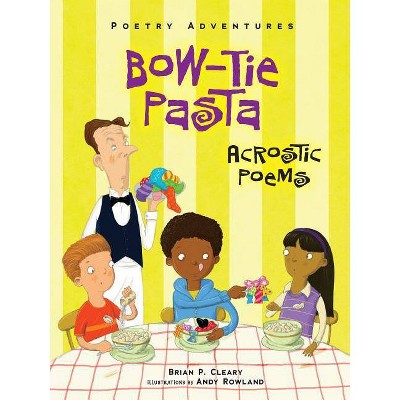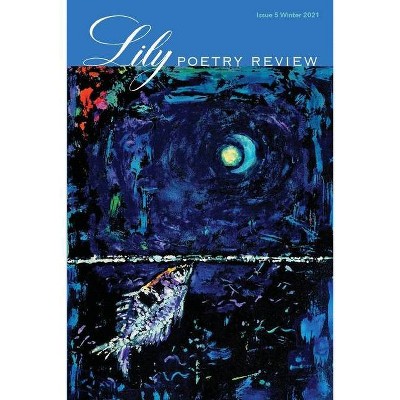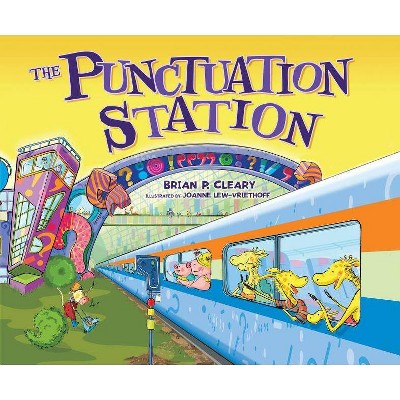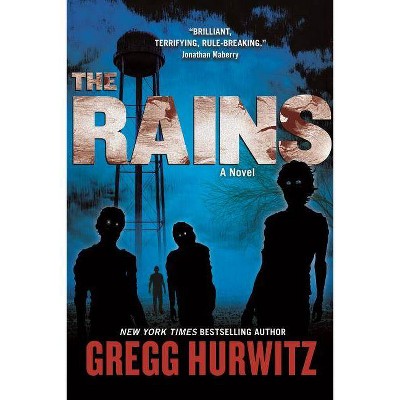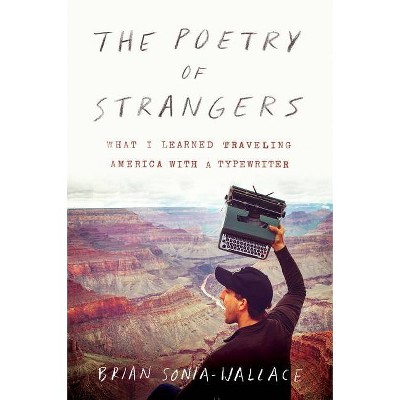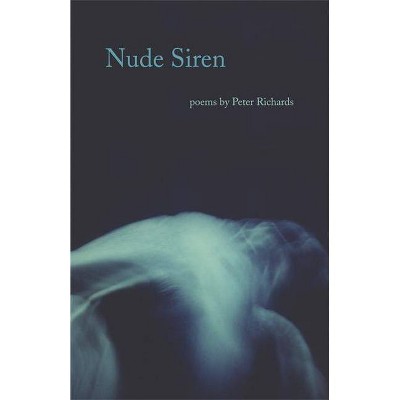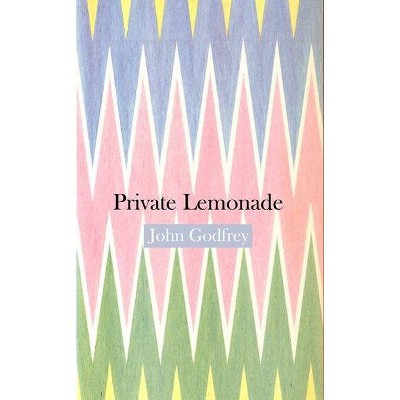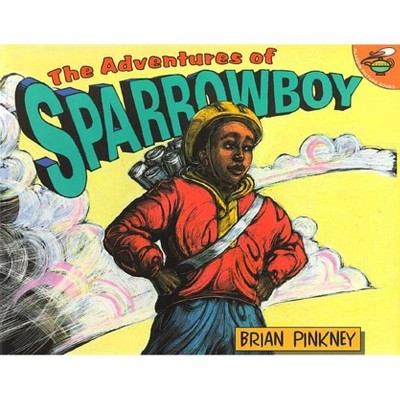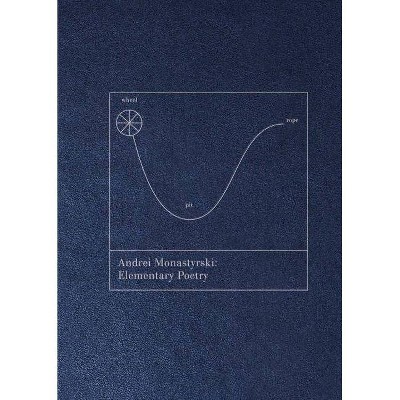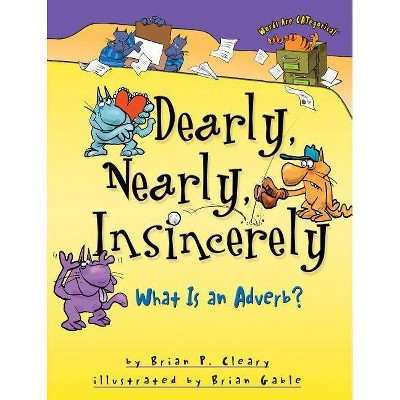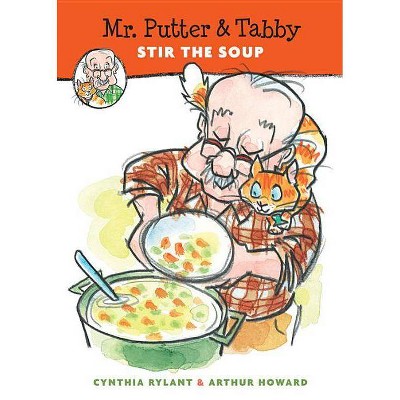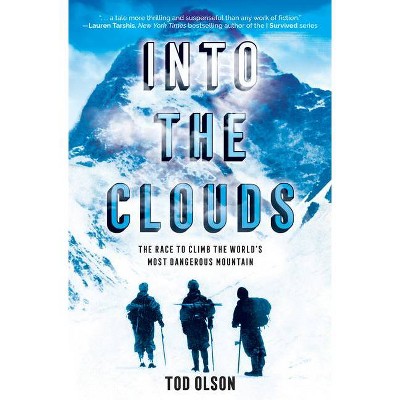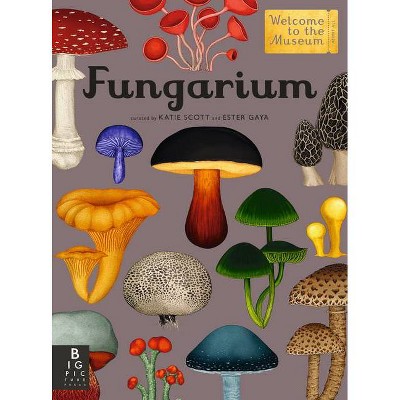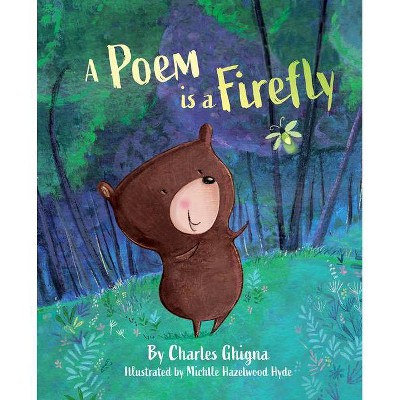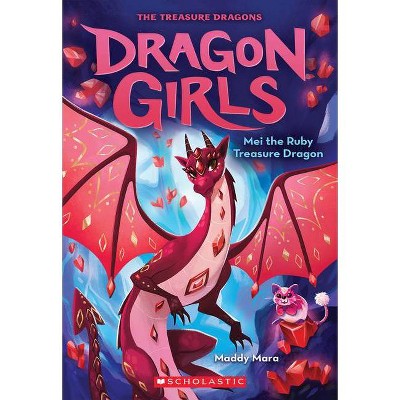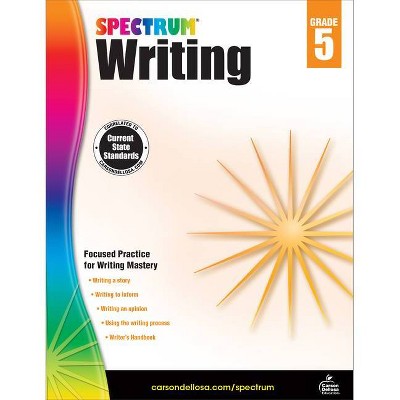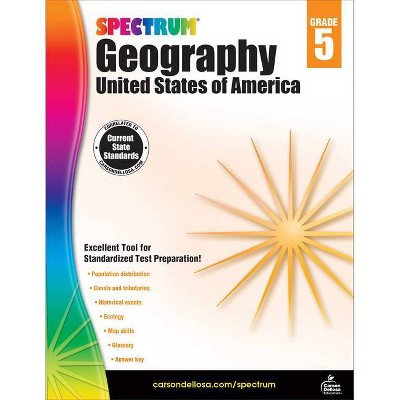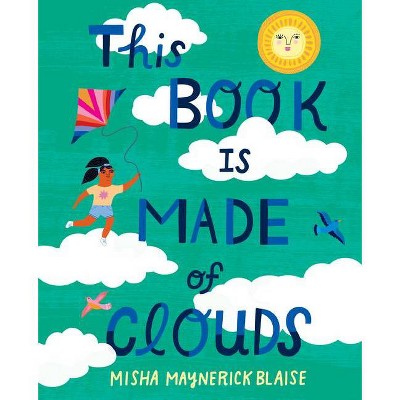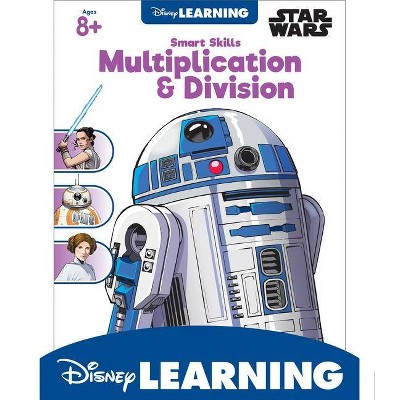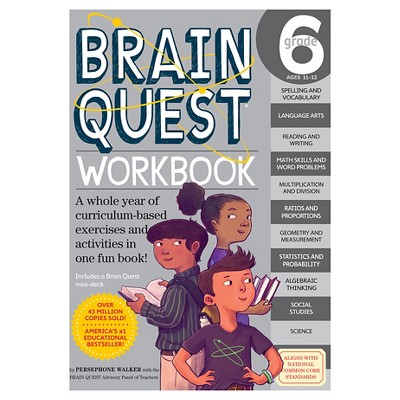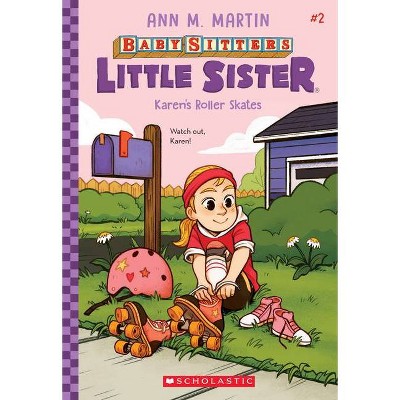If It Rains Pancakes - (Poetry Adventures) by Brian P Cleary (Paperback)
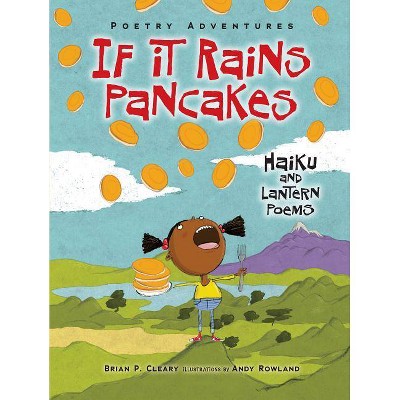
Similar Products
Products of same category from the store
AllProduct info
<p/><br></br><p><b> About the Book </b></p></br></br>Explains and demonstrates how to write two types of ancient Japanese poetry: haiku and lanterns.<p/><br></br><p><b> Book Synopsis </b></p></br></br><p>What is a haiku? It sounds like a sneeze. And isn't a lantern a light source? Actually, they are two types of ancient Japanese poetry. Award-winning author Brian P. Cleary explains how each form works--and shows how these little poems can contain big surprises! <br /> <br /> If It Rains Pancakes is packed with poems to make you chuckle, puzzle, and ponder. And when you've finished reading, you can try your hand at writing your own haiku and lanterns!</p><p/><br></br><p><b> Review Quotes </b></p></br></br><br><p>An engaging lantern poem and haiku how-to for young readers.</p> <p>Veteran children's series author Cleary (<em>Feet and Puppies, Thieves and Guppies: What Are Irregular Plurals?</em> with Brian Gable, 2014, etc.) and British illustrator Rowland team up to launch the new Poetry Adventures series with a picture book demonstrating the great fun to be had with wee poems. While poets typically choose the spare haiku or concrete lantern form to communicate profound reflections on nature, here Cleary turns poetic convention on its ear by conjuring silly, sometimes-hilarious situations. Whether describing a bodily function, as in 'Yummy'--'When something's so good / you want to taste it again, / that's what burps are for'--or poking fun at the haiku form itself--'When you've written one / without enough syllables, / you add words. Football'--Cleary's light touch immediately grabs attention. Even the more contemplative lantern poems, so called because the five-line syllabic form's outline slightly resembles that of a Japanese lantern, are perfectly geared for the young: 'Hug: / a gift / that is best / when you return / it.' To further entice readers to write, Cleary provides clear descriptions of the poetics of each form alongside Rowland's vibrant, brightly hued illustrations that include a nicely ethnically diverse cast of human characters as well as zany aliens and plenty of visual wit.</p> <p><strong>Wonderfully crafted and illustrated: a delightful, effective primer for budding poets.</strong> --starred, <em>Kirkus Reviews</em></p>-- "Journal" (4/1/2014 12:00:00 AM)<br><br><p>Brian Cleary, author of several word and poetry books for children, introduces two forms of ancient Japanese poetry--the popular haiku and the lesser-known lantern poem--in this title from the Poetry Adventures series. Cleary clearly explains each type of poetry; haiku captures a specific moment while lantern poems employ a noun as the first line and the other lines shed light on the subject. All of the poems included are clever, many are humorous. The poems represent a variety of topics including months, seasons, nature, everyday experiences, etc. <strong>Lower grade teachers can use this title as a fun read-aloud, while middle and upper grade teachers can employ the book to instruct students on the two poetry forms and to assign their students assignments to create poems themselves.</strong> Andy Rowland has provided colorful illustrations that enhance the enjoyment of the book. --<em>Library Media Connection</em></p>-- "Journal" (10/1/2014 12:00:00 AM)<br><br><p>Cleary introduces readers to haiku and lantern poems, defining each, providing background, explaining syllabic line requirements, and offering examples. Admitting that he takes a broad approach to haiku (traditionally they are nature poems), Cleary offers many humorous verses, including: 'My pet pig, Betty, / in her full karate stance, / performs the pork chop.' The lantern poems range from pastoral ('Spring. / Yellows, / Blues, and greens. / Chirp, peck, peep, pop, / bloom') to more contemporary themes ('Slush-- / gulping / icy treat. / Getting brain freeze. / Whoa'). Rowland's colorful cartoon illustrations capture the varying moods and often extend the text. For example, he depicts one lantern poem ('Eight: / circles / up and down. / Each must be worth / four') as a figure eight-shaped race track with four cars driving on each circle. Appended with suggested websites and books for further reading, <strong>this will be welcomed by classrooms studying poetry.</strong> Pair with Bob Raczka's <em>Guyku: A Year of Haiku for Boys</em> (2010).--<em>Booklist</em></p>-- "Journal" (3/1/2014 12:00:00 AM)<br><br><p>This slim volume introduces two forms of Japanese poetry. The first and larger section focuses on the more familiar haiku. A simple introduction defines the form but explains that while haiku subjects traditionally focus on nature, these selections cover a broader range of topics, including school and food. Twenty original haiku follow, illustrated with spot cartoon illustrations. The second part is dedicated to lantern poems (or a poem whose visual shape resembles a lantern), opening with an even briefer introduction and 15 illustrated examples. <strong>The poetry in both sections varies from thoughtful to silly.</strong> While this is an interesting look at the two different poetic forms, format is all that ties the wide assortment of selections together, and even the transition between the two sections feels abrupt. Still, <strong>the explanatory texts provide clear instructions and encouragement for readers creating their own poems.</strong> --<em>School Library Journal</em></p>-- "Journal" (4/1/2014 12:00:00 AM)<br>
Price History
Cheapest price in the interval: 6.99 on October 28, 2021
Most expensive price in the interval: 6.99 on February 5, 2022
Price Archive shows prices from various stores, lets you see history and find the cheapest. There is no actual sale on the website. For all support, inquiry and suggestion messages communication@pricearchive.us
